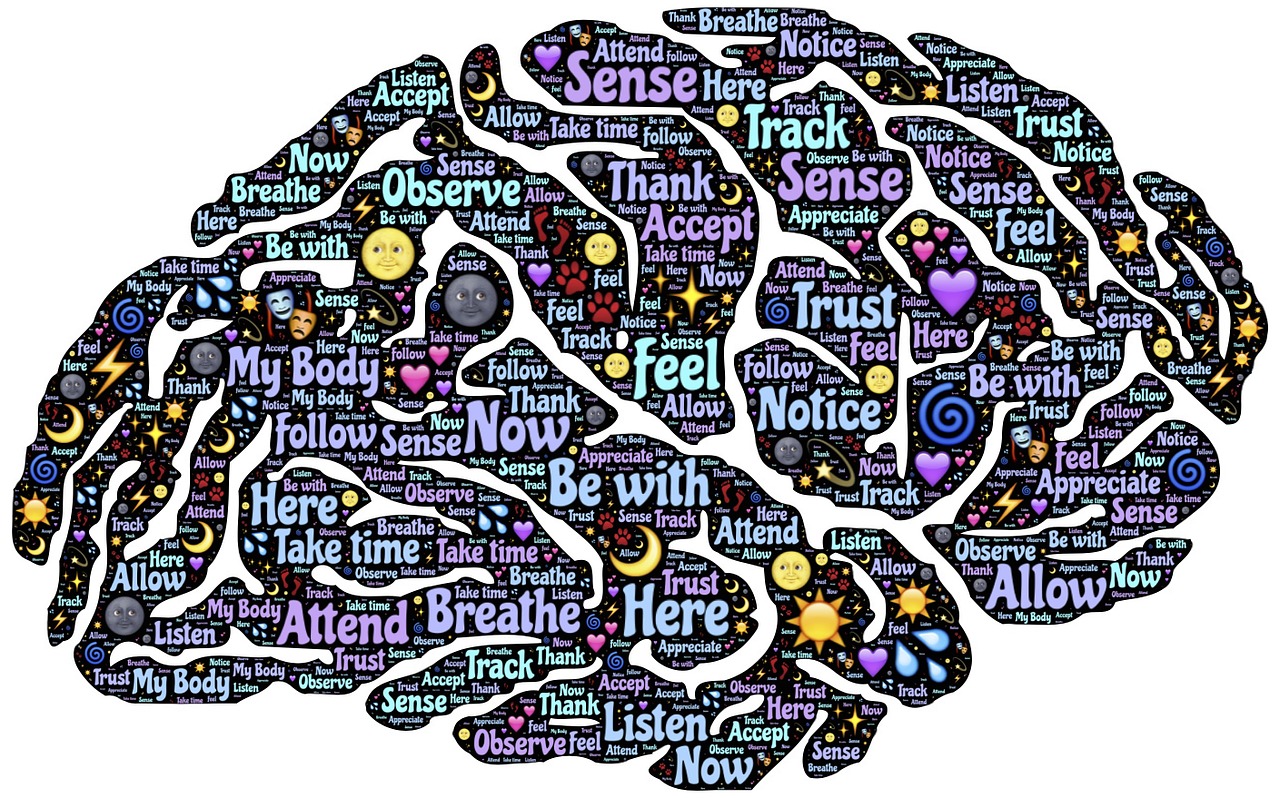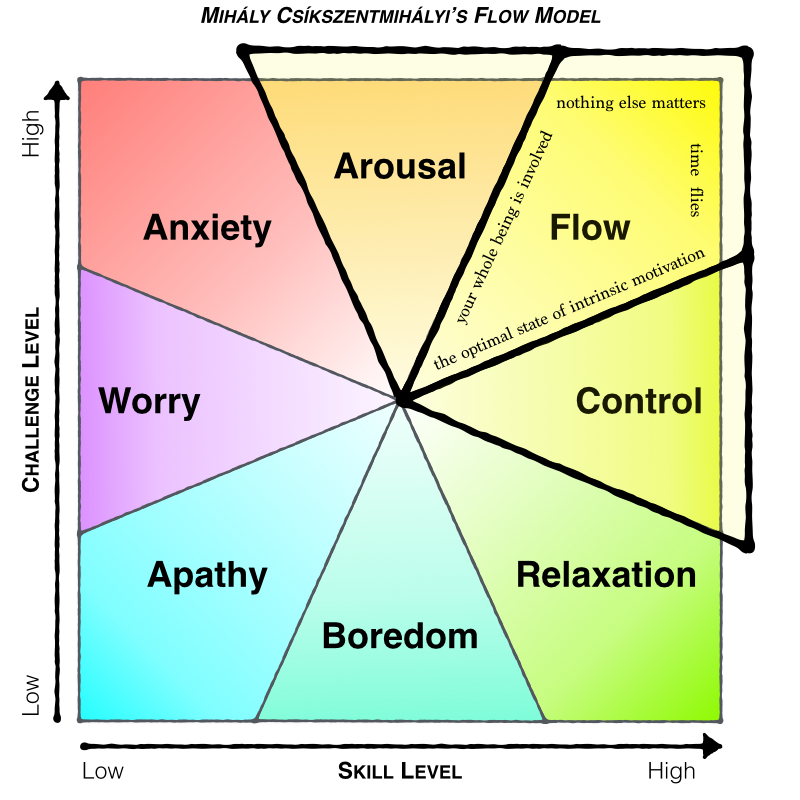Living with chronic pain is no easy feat. Pain causes many changes, both outside and on the inside of the person facing chronic pain.
When dealing with chronic pain, it is all too easy to slip into making your life centered on the pain. It can become difficult after a long history of dealing with the pain, to see the line between your pain, and the rest of your life. This is where anxiety is born.
Anxiety is a state of constant fear and worry. You can fear the pain, and worry about all aspects of it. You can worry about the triggers, the intensity of current pain and the pain still to come. You can worry about all possible future outcomes in regards to your health, finances, and family without having any bases to do so. Anxiety can cause you to spend the better part of most days living in the fear of “what if?”
Anxiety is assuming the worst will happen at all times without having any actual reason for thinking this way. Anxiety is extreme worry coupled with fear, caution, and constantly being on alert for danger. Anxiety is a seed. It is planted inside of you, and if left untreated, will grow and branch into all other areas of your life. Anxiety can also evolve, and take on new forms by way of your friends and family, your workplace, your confidence and self esteem. It can be exhausting at times, and lead to a depression.
So how can you treat anxiety that is combined with chronic pain? It isn’t always easy as these two feed of off of each other. Pain causes anxiety. People who suffer with anxiety may have a lower threshold for pain and may be more sensitive to the medications for treating pain. That being said, treatment is very possible.
Nutrition: Those who suffer with chronic pain and anxiety should limit or eliminate caffeine, nicotine and alcohol. These can act as triggers for anxiety and panic attacks.
Sleep: Good quality sleep in the night hours can help with both chronic pain and anxiety disorders. The symptoms of both conditions can often be made worse when you are not getting enough sleep in the night. Practice good sleep hygiene and avoid caffeine late in the day to promote good sleep.
Alternative treatment: Meditation, Yoga, acupuncture and massage have all been known to be helpful in treating anxiety and managing anxiety.
Relaxation techniques: This includes progressive and slow muscle relaxation, breathing retraining as well as visual and auditory aids. Relaxation techniques have been shown to help combat and cope with anxiety.
Medications: Some medications are available to treat symptoms of both pain and anxiety in one pill. Speak with your primary care physician to determine which medications and course of treatment best suit you.











